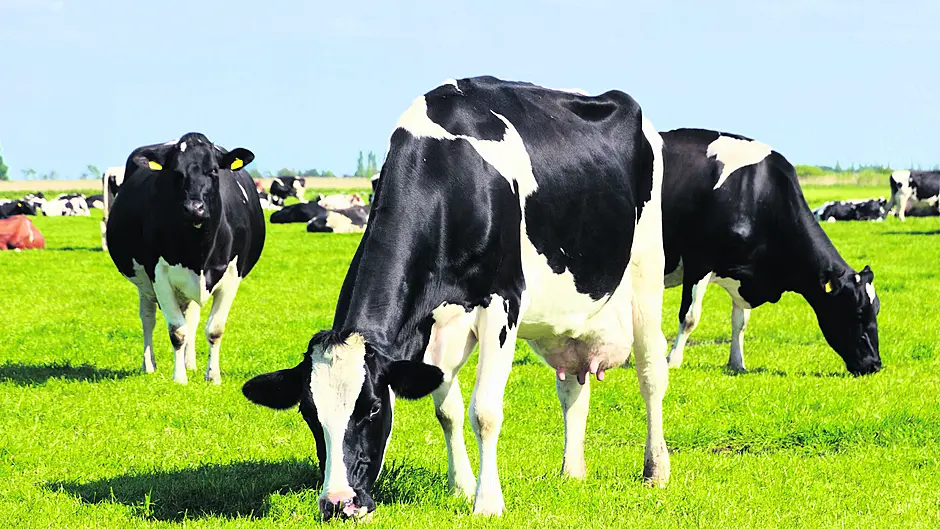THE chairperson of West Cork ICMSA Eileen Calnan has warned that the Nature Restoration in the European Parliament could have enormous consequences for Cork’s flagship dairy sector.
Ms Calnan said that the general population still seemed to labour under the misapprehension that this law was going to be voluntary.
The Clonakilty farmer said she suspected confusion around the degree of free choice in the matter had been deliberately fostered in the hope people would not understand it until it was too late.
‘There still exists a degree of complacency in Cork farming localities about the potentially catastrophic consequences we could see if the Nature Restoration law – as presently envisaged – goes through.
‘My fellow farmers and all who rely on farming for their direct or indirect incomes must realise that this law is not just intended for presently classified marginal land in the midlands or along the western seaboard – this law is intended and will function as a means for authorities to refer to maps from decades ago and point to areas that were then marginal or ‘wet’ and demand that the present owners restore that land to the condition it was in then,’ she claimed.
‘This is not just about the bogs in the middle of Ireland – this is intended to be just as much about all that land in west, north west and south west Cork that was drained and made commercially productive but which could – by reference to this law – be made unproductive by restoration to the state of nature from which generations of hard work had extracted it.
‘This law will apply just as much to Reenascreena in Cork as Rhode in Offaly,’ she said.
Ms Calnan said that in the face of this ‘unparalleled putting aside of individual rights’, she would insist on local politicians going ‘on the record’ regarding their feelings and intentions on the matter.
She said she would be following with interest the comments of all three deputies from West Cork and she urged her fellow farmers to do the same. ‘We are fast coming up to the point where Cork’s farming communities will be able to tell very easily whether local representatives are in favour of what is effectively a ‘land grab’, or whether they believe – as we certainly do – that any such restoration policy can and must be only implemented on a voluntary basis.’
She added that some local representatives and deputies ‘will try and hide’ on the issue because they will know the kind of justified fury that the policy will entail.
‘We will demand to know where they stand,’ she added.
Meanwhile, Deputy Michael Collins said recently that the law, if implemented, includes legally binding targets that will have detrimental impacts on farmlands and the livelihoods of Irish farmers.
‘Before embarking on a mission to be seen as the greenest boys in the class at the EU level, the government should have carefully considered the potential impact of these proposals on Irish agriculture and farmers’ livelihoods,’ he said.
‘They should have fully consulted with farmers and rural communities in a meaningful way before committing to any legally binding targets. The livelihoods of farmers and the sustainability of our agricultural sector must be considered, and clearly, this has not occurred in this case.’










